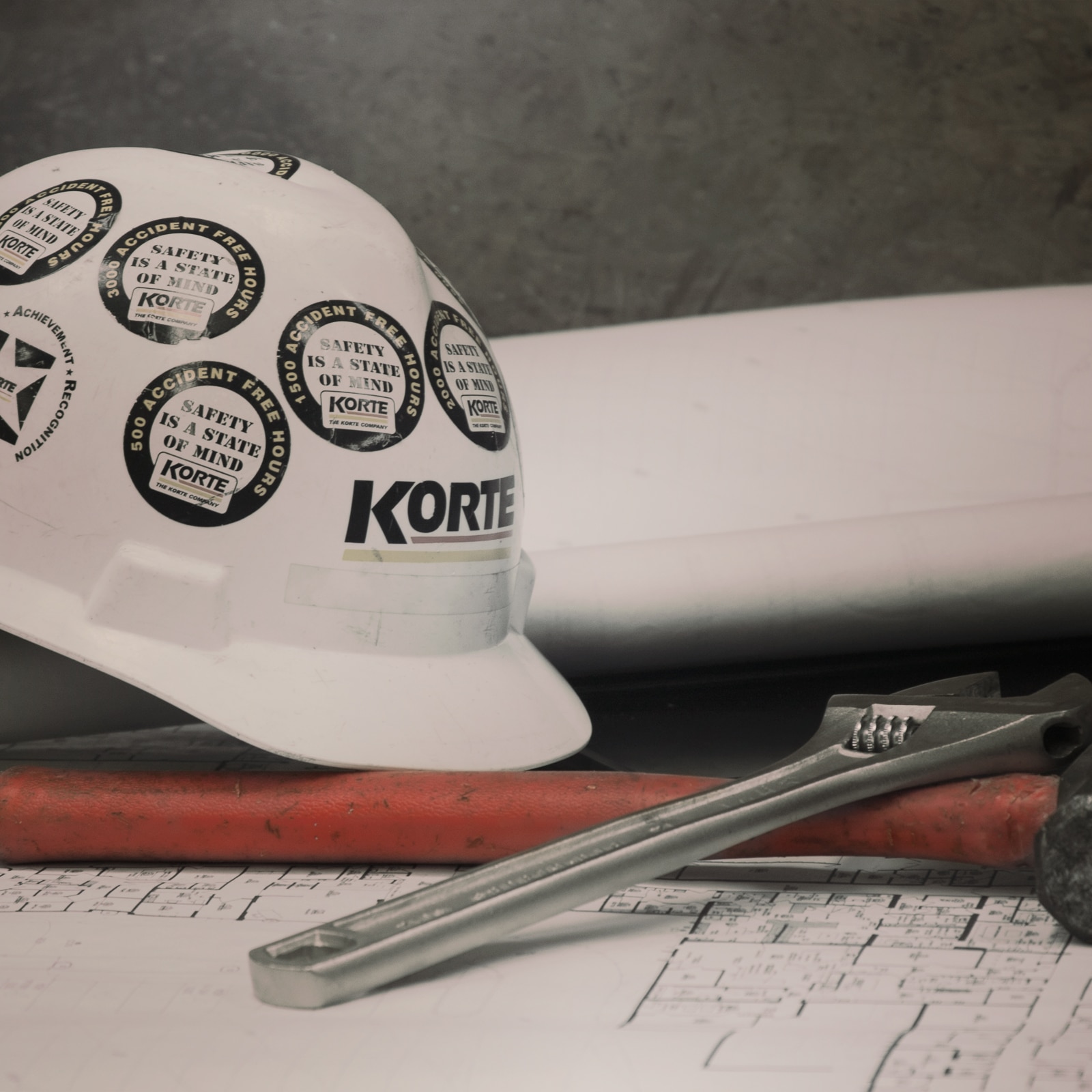At The Korte Company, we take pride not only in getting the job done, but also in building smart. Deep in our heritage, the many leaders and team members of our company have formed and solidified a commitment — to always find a better way. In 1963, it meant completing the first commercial Design-Build — Helvetia Nursing Home right in our back yard of Highland, Illinois. In 1975, it meant helping to found an innovative construction management program at Southern Illinois University Edwardsville (SIUE). And in 1993, it meant stepping forward as one of seven founding members to create the Design-Build Institute of America (DBIA).
So it should come as no surprise that we’re tipping our cap to the DBIA for hosting a collegiate competition that gives students real-world Design-Build experience. It’s a competition that encourages collaboration, teamwork and building smart. Read on to learn about it in this text from a DBIA release.

More about this innovative student competition
For the first time in the history of this popular competition, schools are encouraged to form teaming agreements between schools, in order to make the competition even more realistic
Washington, D.C., April 29, 2015 — The Design-Build Institute of America (DBIA), the only organization that defines, teaches and promotes best practices in design-build, has announced its fourth annual National Design-Build Student Competition with a call for student teams. The annual competition closely follows how real-life design-build projects are procured — it’s a two-step competition, with teams responding to RFQs, short-listed finalists responding to RFPs and a final in-person presentation at the 2015 Design-Build Conference & Expo in Denver.
“The National Design-Build Student Competition challenges and inspires the next generation of design-build leaders by asking them to apply DBIA’s design-build best practices to propose a delivery solution for an $18,000,000 science building on a college campus,” explained DBIA’s Executive Director/CEO, Lisa Washington. “Providing students a competition that mirrors a typical industry process prepares them for success in the industry in a way classroom lectures do not. In fact, the experience of participating in this competition may even make students more competitive candidates for the jobs they seek after school.”
“Through this competition, we were able to grow as individuals, but also as engineers and construction managers,” said Ben Ihlen, Captain of last year’s winning team from Milwaukee School of Engineering. He now works part-time at Excel Engineering, Inc. and will start full time as a Structural Designer when he graduates in May. “Now that I’m employed in the industry, I’m grateful I had the experience of the Design-Build Student Competition first so the RFQ/RFP process is more familiar and less stressful.”
This year, to make the competition even more realistic, teams are encouraged to contact other schools to team with them in responding to the RFQ. Because design-build incorporates all facets of the design/construction process, a teaming agreement between construction and architecture schools accurately simulates the common practice of teaming agreements between firms in order to present the most qualified team during a design-build competition. DBIA is providing schools with a teaming agreement template, and will require these agreements in next year’s competition.

Dennis Ray Ashely, AIA, LEED AP, DBIA has been Chairman of DBIA’s Student Academia Outreach Committee since 2011, and is very proud of how popular the competition has become – growing from 29 teams when it started to 45 teams last year. He remarked, “I’m so thankful and privileged to be able to participate in this RFQ/RFP competition that simulates the industry to assist in developing skills vital to young professionals’ success in beginning their careers.”
Registration is now open for eligible student teams. The deadline to register is September 1, 2015. The Student Competition eligibility requires that teams include students who are enrolled in a college-level construction, design or development curriculum. Four of the team members must be undergraduate students, with the option of one team member being a graduate student.
Established in 1993, the Design-Build Institute of America (DBIA) is the only organization that defines, teaches and promotes best practices in design-build project delivery. Design-build is an integrated approach that delivers design and construction services under one contract with a single point of responsibility. Owners select design-build to achieve best value while meeting schedule, cost and quality goals. Learn more about design-build and DBIA’s certification and other programs at www.dbia.org.
